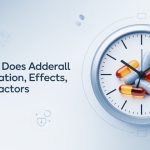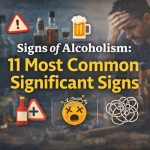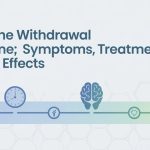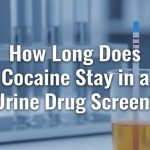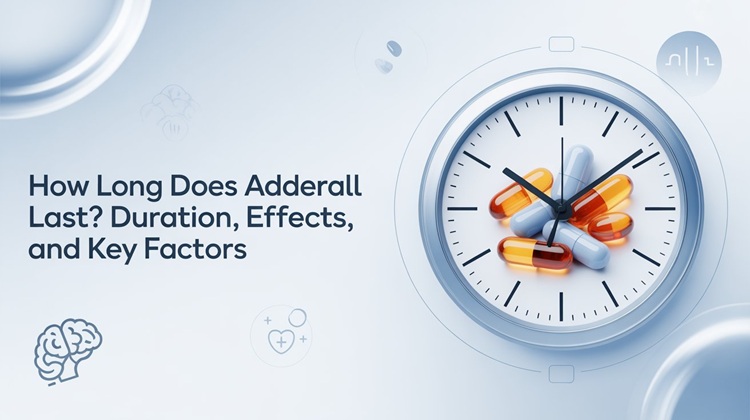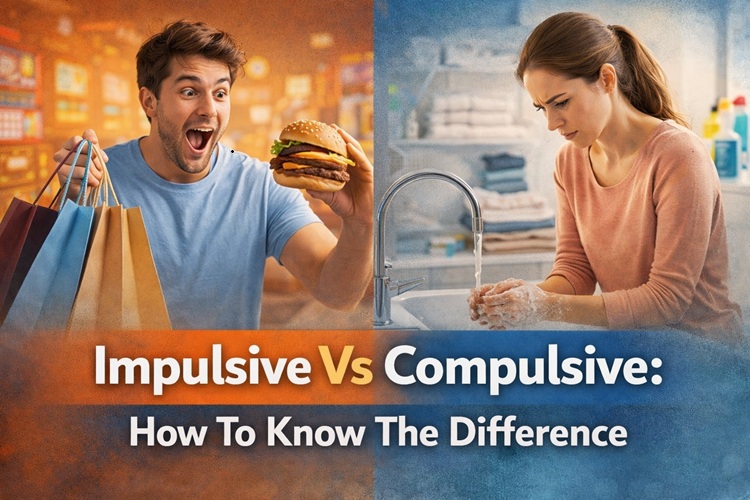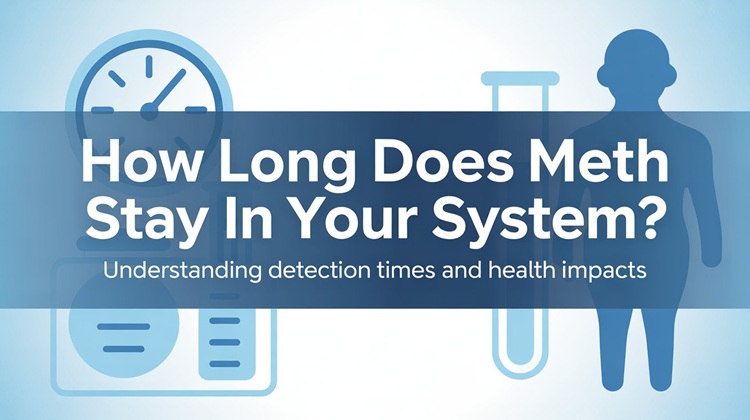It is common to think that a glass of alcohol helps to cope with stress or have a break after work. But this is where things get a little more complicated between alcohol and mental health. Although alcohol might help to reduce anxiety for some time, it tends to aggravate the problem and leads to addiction and other mental disorders.
This blog post will discuss how alcohol affects anxiety and why it is essential to seek better ways of managing feelings of anxiety in the long term.
The Link Between Alcohol and Anxiety
Alcohol works on the brain in a manner that is at first soothing. It reduces mental activity and decreases inhibitions that can make a person feel more comfortable at the time. Nevertheless, this is short-lived comfort. When the alcohol effects begin to wear off, the brain’s stress response becomes overactive and results in increased feelings of anxiety.
Also, alcohol affects neurotransmitters that control mood and may cause the individual to develop anxiety after they are no longer drunk.
Want to break the cycle?
Palm Coast Treatment Solutions has the solutions that you need to deal with the two concerns simultaneously and we will provide you with individualized treatment plans. Our expert team offers integrated treatment for anxiety and addiction that underscores the source of the problem. Get in touch with us today to get the process of recovery underway.
Why Alcohol is Bad for People With Anxiety
It may be tempting to try and numb the pain with alcohol but what is often found is that it only makes the anxiety worse. Alcohol affects the quality of sleep, which means that the body does not get the chance to recover and build back up. It leads to increased anxiety the following day, meaning you will be more anxious than you were the previous day. Also, it can raise your heart rate, give you symptoms of a panic attack, and cause anxiety and unease.

As a depressant, it also enhances negative feelings. In time, these changes perpetuate a vicious cycle of anxious thinking and emotional responses, which complicates the ability to function normally without drinking.
100% Confidential Support is Available 24/7
No matter what you’re going through, you’re not alone. Our dedicated team is here to provide a safe, judgment-free space where you can talk openly and honestly. Whether you need emotional support, resources, or just someone to listen.
We’re here for you—completely confidential and always respectful of your privacy. Call us today!
Alcohol Withdrawal and Anxiety
For people who consume alcohol frequently, withdrawal can cause very high levels of anxiety. Alcohol becomes a necessity for the body to work efficiently and when it is not available, the following symptoms may be observed; panic attacks, restlessness, and anxiety. This is known as alcohol-induced anxiety disorder and it can be quite a problem for those wishing to quit the consumption of alcohol without assistance.
Contact Palm Coast Treatment Solutions
Battling with Drug and Alcohol Addition? Remember, you are not alone and we are here to help you!
Self-Medication: A Harmful Coping Mechanism
Self-medication is common and often people use alcohol to distract themselves or to lessen the experience of anxiety. As useful as this may seem, alcohol is a form of self-medication and if taken in large quantities it becomes harder to control anxiety without its help. This unhealthy way of dealing with stress leads to dependence on alcohol and anxiety where one leads to the other.
Overcome Addiction with Palm Coast Treatment Solutions.
Book an appointment.
Long-Term Mental Health Effects of Alcohol Use
Alcohol use when done frequently can lead to severe mental health problems. Alcohol abuse makes it easier for one to be at risk of getting anxiety disorders such as generalized anxiety disorder (GAD). Alcohol dependence also leads to increasing stress on the brain and body to have control over one’s emotions. If the patient does not seek help, the comorbidity of anxiety and alcohol use may result in serious mental disorders, such as depression and suicidal thoughts.
Healthy Ways to Manage Anxiety
Alcohol is not the only way of dealing with anxiety, and healthier ways to cope with stress can be used instead. Some of the ways that shall help in the reduction of anxiety include; CBT, mindfulness meditation, and changes in the daily routine, including exercise and sleeping patterns. It is possible that getting professional assistance will give you the necessary techniques and methods to manage anxiety in the long run.
Like other depressants, alcohol also enhances negative feelings and moods. These effects compound with time and create a vicious cycle of anxious thinking and feelings that makes it increasingly difficult to deal with life’s challenges without resorting to alcohol.

Alcohol may provide temporary relief from anxiety, but in the long run, it often worsens symptoms and contributes to more significant mental health issues. If you or someone you know is battling anxiety and alcohol use, it’s important to seek professional help to break the cycle.
Take the first step toward recovery today. Reach out to Palm Coast Treatment Solutions for compassionate, comprehensive treatment for addiction recovery tailored to your needs. Contact us at (386) 284-4151 now and start building a healthier, anxiety-free future.






